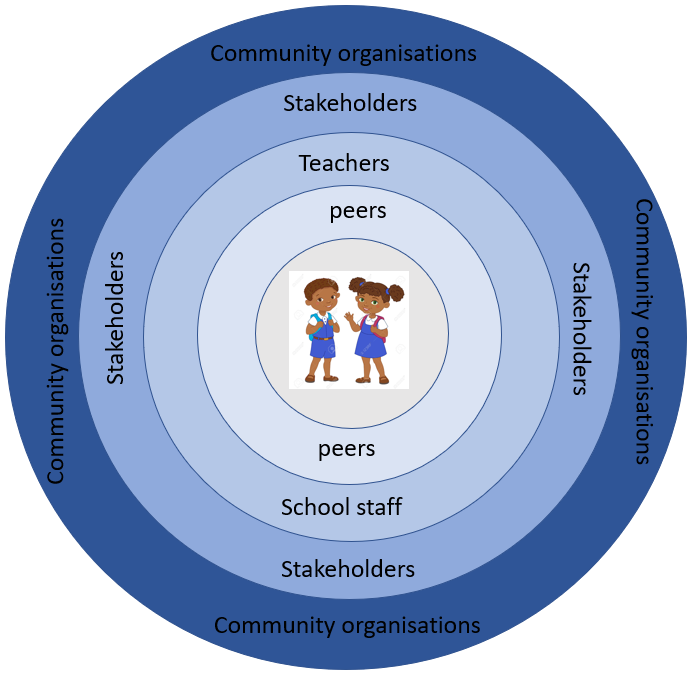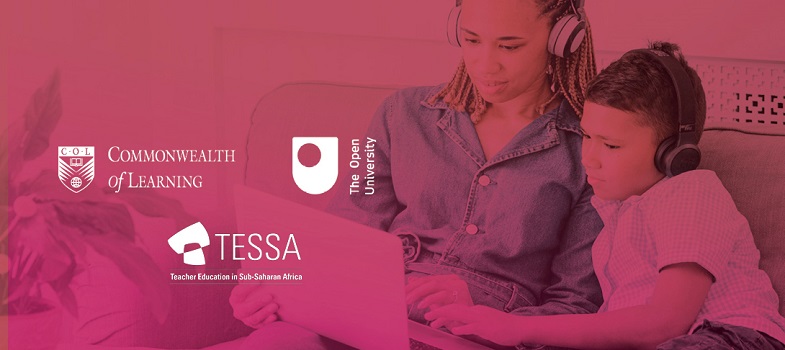Week 2: Creating an inclusive ethos and culture
1. Introduction to Week 2

The purpose of creating an inclusive school is to ensure that all learners can access learning and fulfil their potential in an environment where they are supported and valued. The ethos and culture of a school enables them to achieve inclusive education as set out by Mariga, McConkey and Myezwa, (2014, p16):
‘Inclusive education is a process; it is concerned with the identification and removal of barriers to children’s learning. Inclusive education is about the presence, participation and achievement of the learner in a regular class.’
But how can educators create these conditions?
The ‘ethos’ of a school is what it ‘feels’ like. It is the atmosphere experienced by children, parents and staff. It is determined by the values and beliefs that the school officially supports and ideally, are held by all those who work there. An inclusive ethos and culture are visible in the actions of individual teachers. A positive ethos towards inclusion is also created and supported by a range of roles and systems that support everyone in the school.

Each ‘layer’ of the school community has a responsibility to promote positive attitudes towards diversity, but it is through the actions of the people directly associated with the school – the head teacher, teacher, administrative staff and School Management Committee – that an inclusive ethos will emerge.
During this week, you will consider some of the collective actions that help to create an inclusive ethos.
In Week 2 you will:
- Consider what is meant by ‘an inclusive ethos’
- Consider the role of data and information sharing in creating an inclusive ethos
- Explore how school policies and systems can support an inclusive ethos
- Examine how behaviour management policies can contribute to an inclusive ethos
- Prepare an individual plan for a student with individual needs
- Plan professional development activities based on inclusive attitudes and values
In total there are eight activities in this second week, including a quiz at the end that is part of your course assessment.
